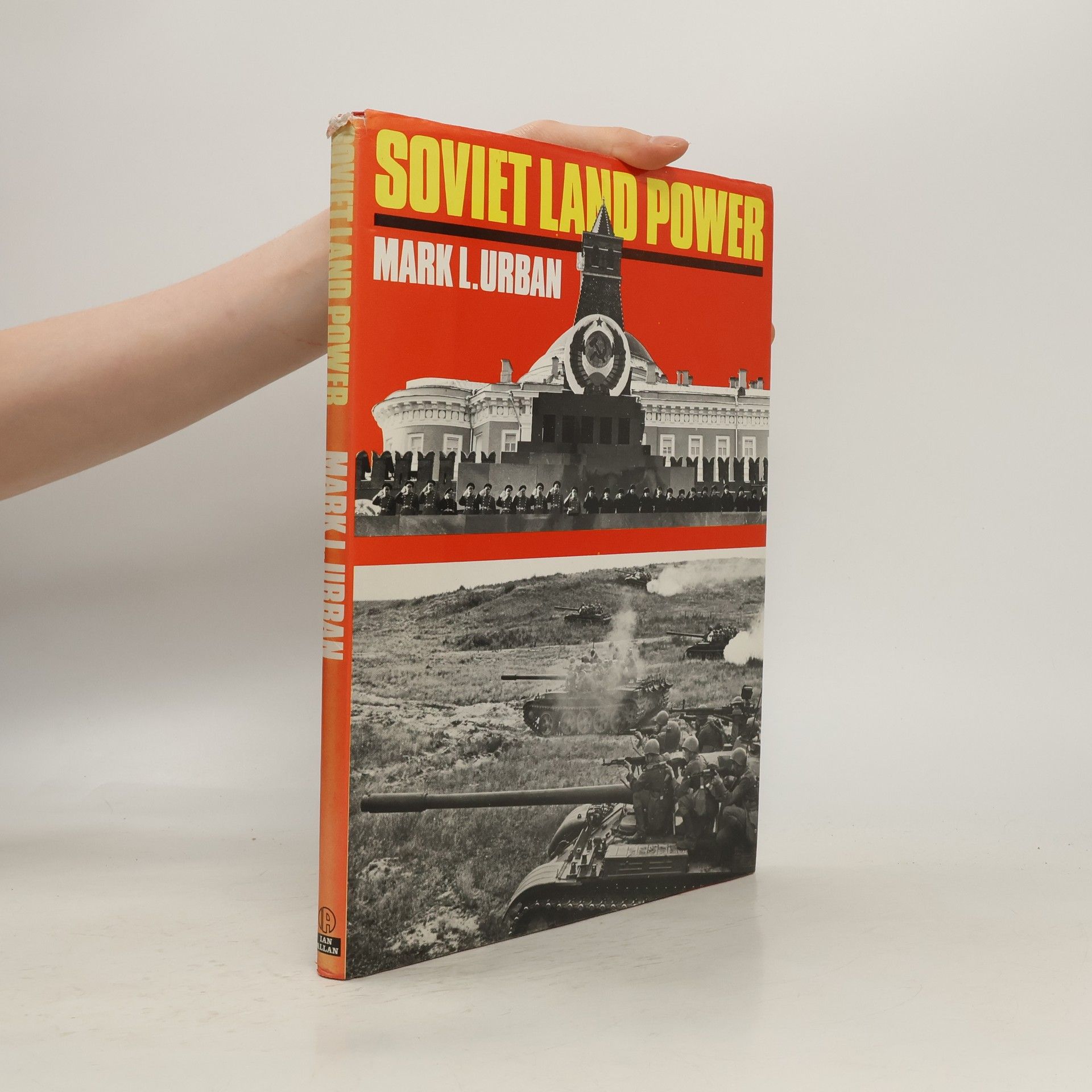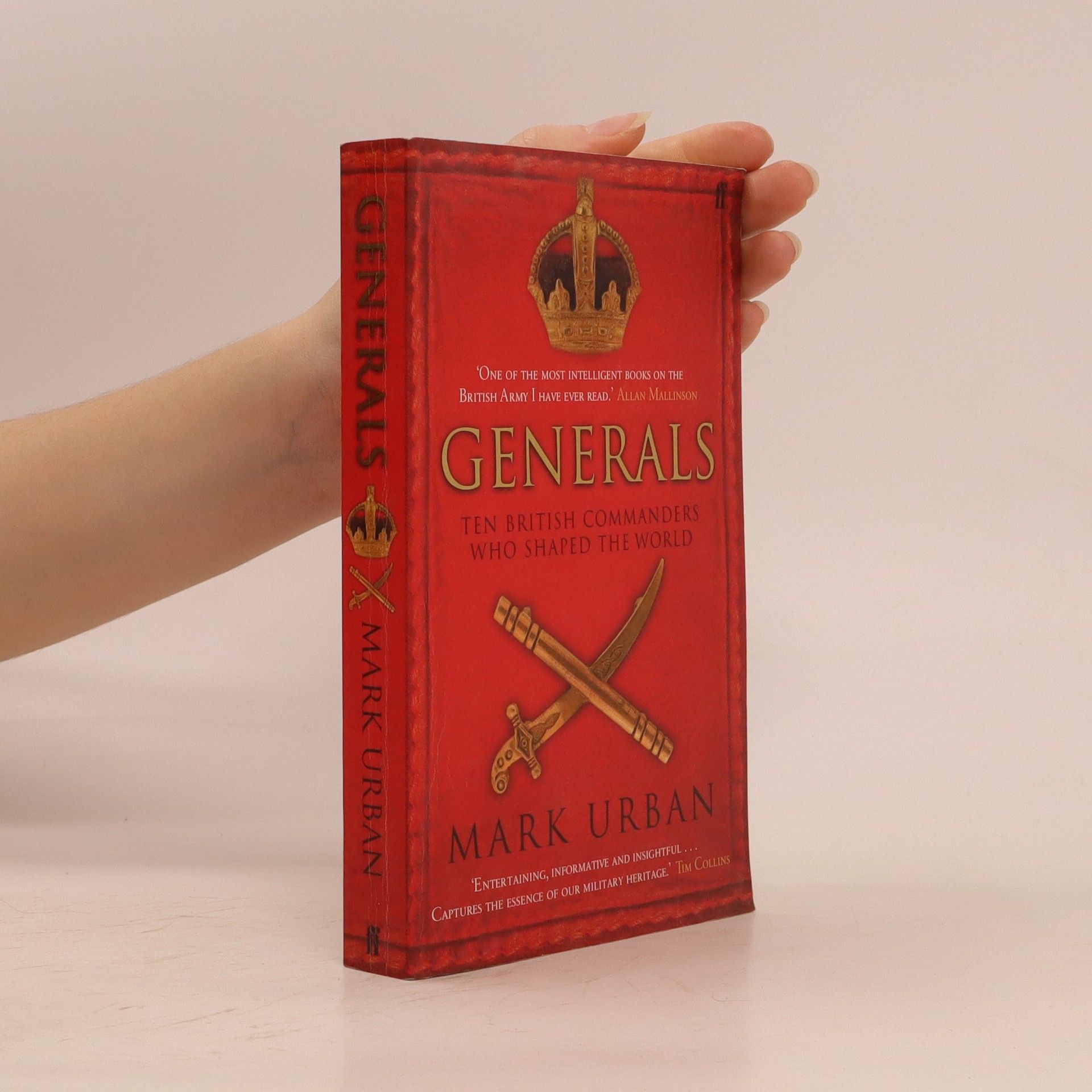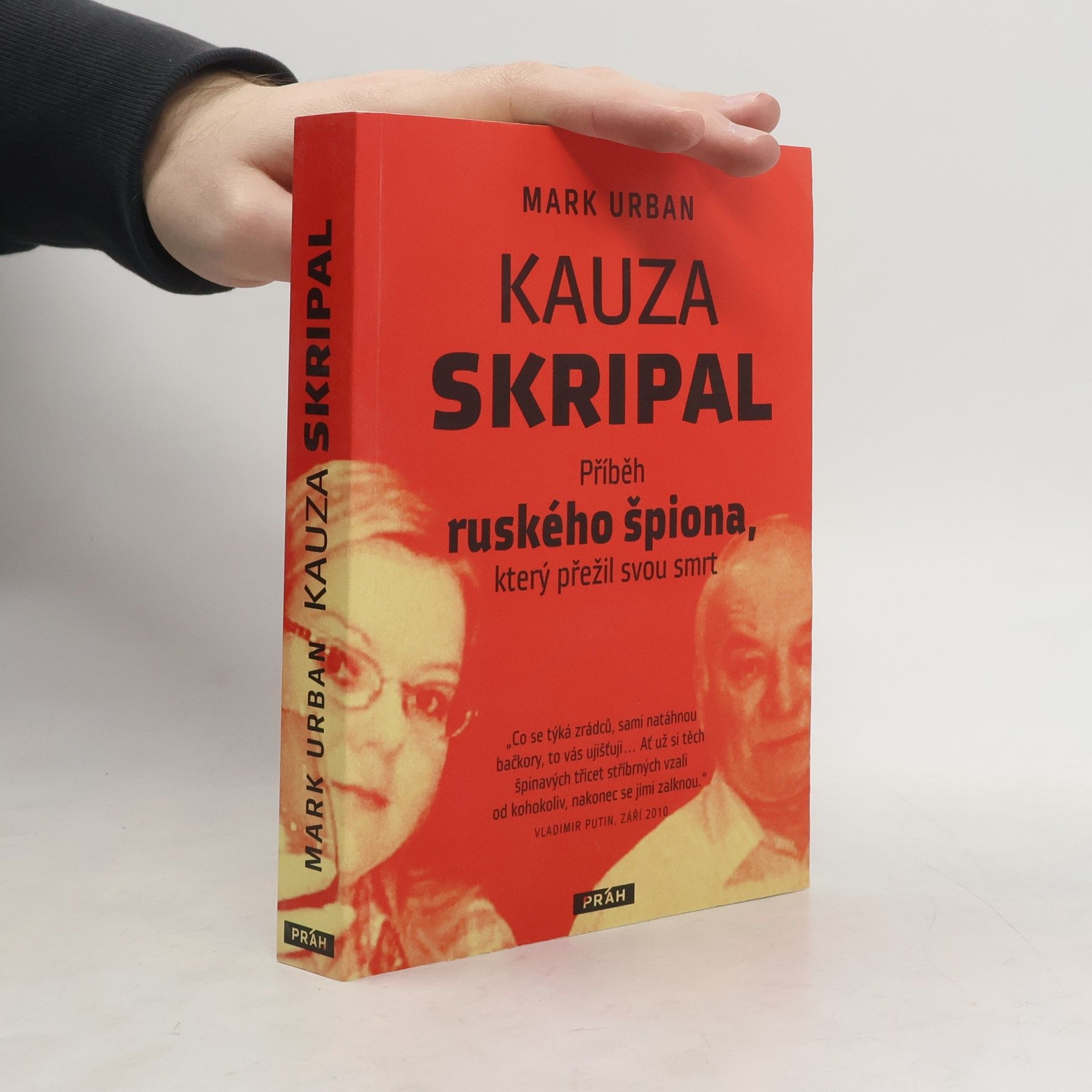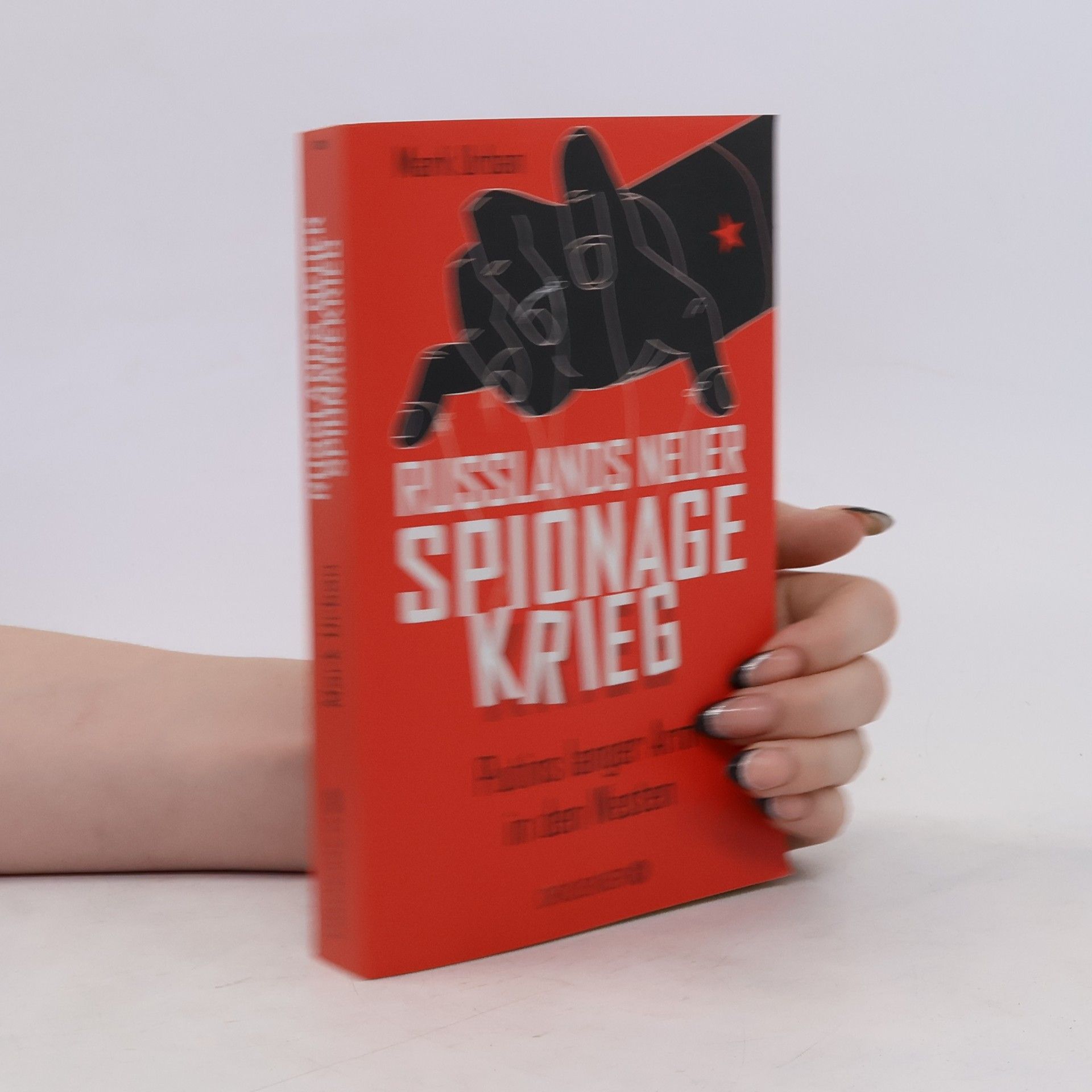On the 80th anniversary of their first crucial campaign, in Operation Torch in North Africa, Mark Urban tells the gripping story of the creation and development of the "Red Devils" - the name given to them by their German enemies - who ranged from circus performers to solicitors, policemen to gravediggers, Christians and Jews to communists. Through the fates of six heroes, from recently-widowed Geoffrey Pine-Coffin, who had to leave his little boy to head to the front, to Mike Lewis, whose photographs became iconic images of war, Urban vividly brings to life these men and their experiences, showing what drove them and covering their daring actions at D-Day, Arnhem and across the Second World War. All six characters would shed blood for their country, two would not survive and one would face disgrace in the regiment. Based on deep archival research, British and German sources, and new material from the men's families, and giving overdue recognition to the North African campaign, this compelling account paints a true and moving picture of the heart of war.
Mark Urban Boeken
Deze Britse journalist en auteur is de diplomatieke redacteur voor Newsnight op BBC Two. Zijn werk duikt in internationale betrekkingen en politiek, gekenmerkt door diepgang en analytische scherpte. Via zijn publicaties en uitzendingen biedt hij het publiek een alomvattend perspectief op de huidige wereldzaken. Zijn uitgebreide journalistieke ervaring stelt hem in staat informatie te presenteren met de precisie en het inzicht die cruciaal zijn voor het begrijpen van complexe internationale vraagstukken.

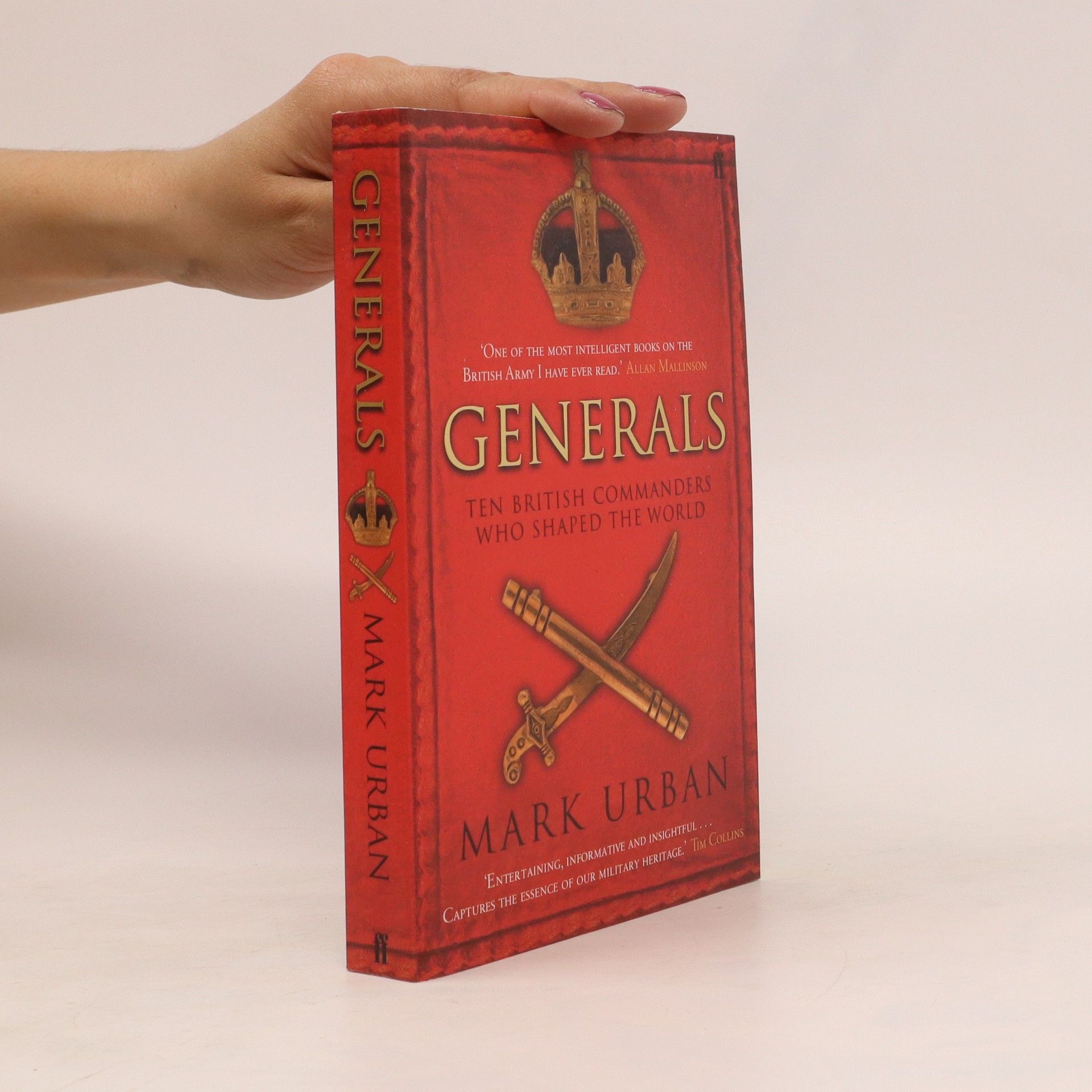

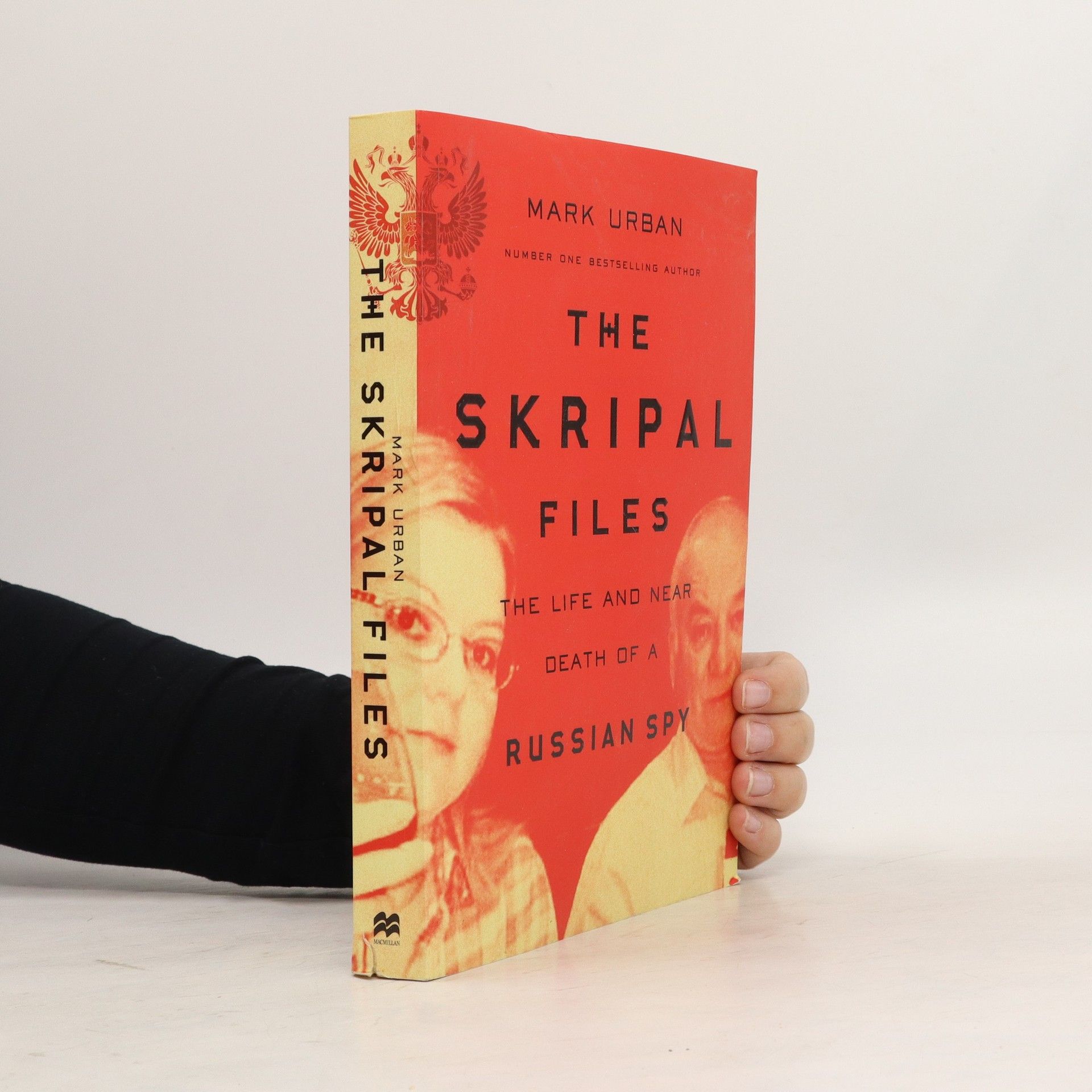

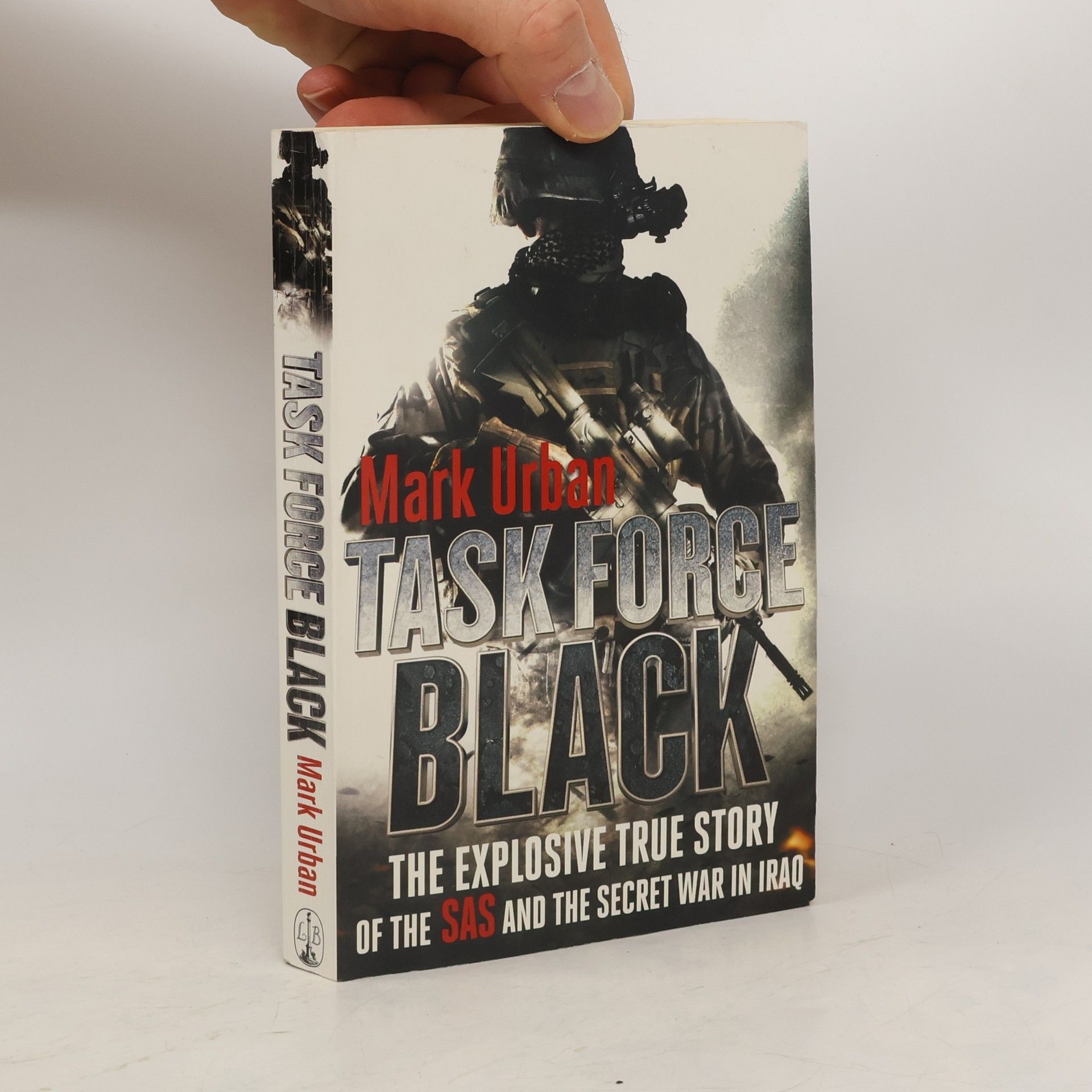

When British and American forces invaded Iraq in April 2003, their intelligence operations got to work looking for the WMD their governments had promised us were there. They quickly realised no such weapons existed. Instead they become faced with an ever-increasing spiral of extremism and violence that was almost impossible to understand, let alone contain. This book tells the story of what happened next, one of the most dramatic and sustained operations in our recent military history. Up against the wall, under the aegis of the joint forces commanded by Major General McChrystal, our men moved into action using the wide variety of aircraft and weaponry at their disposal. Combining intelligence with brute force, the SAS went on the attack, night after night targeting Al-Qaeda and other insurgent groups with an intensity never before practiced by the service, destroying the terrorist threat and saving lives.
Fusiliers : how the British army lost America but learned to fight
- 400bladzijden
- 14 uur lezen
From Lexington Green in 1775 to Yorktown in 1781, the Royal Welch Fusiliers marched thousands of miles and fought a dozen battles to uphold British rule in America. Mark Urban reveals the inner life of the regiment - and, through it, of the British army as a whole.
4th March 2018, Salisbury, England.Sergei Skripal and his daughter Yulia were enjoying a rare and peaceful Sunday spent together, completely unaware they had been poisoned with the deadly nerve agent Novichok. Hours later both were found slumped on a park bench close to death.Following their attempted murders on British soil, Russia was publically accused by the West of carrying out the attack, marking a new low for international relations between the two since the end of the Cold War. The Skripal Files is the definitive account of how Skripal's story fits into the wider context of the new spy war between Russia and the West. The Skripal Files explores the time Skripal spent as a spy in the Russian Military Intelligence, how he was turned to work as an agent by MI6, his imprisonment in Russia and his eventual release as part of a spy-swap that would bring him to Salisbury, where on that fateful day he and his daughter found themselves fighting for their lives.
In 1812 two mighty armies manoeuvred across the Spanish plains. They were finely balanced, under skilful leaders. Each struggled to gain an advantage. Wellington knew that if he defeated the French, he could turn the tide of the war. Good intelligence was paramount, but the French were using a code of unrivalled complexity - the 'Great Paris Cipher'. It was an unprecedented challenge, and Wellington looked to one man to break the code: Major George Scovell. Using a network of Spanish guerrillas, Scovell amassed a stack of coded French messages, and set to work decrypting them. As a man of low birth, Scovell - even with his genius for languages, and bravery on a dozen battlefields - struggled for advancement amongst Wellington's inner circle of wealthier, better connected officers. Mark Urban draws on a wealth of original sources, including many cyphers and code-tables, to restore Scovell to his rightful place in history as the man who was the brains behind the intelligence battle against Napoleon's army and a forerunner of the great code-breakers of the 20th Century.
Generals
- 224bladzijden
- 8 uur lezen
Tells the story of ten exceptional generals who left their mark on Britain, the British Empire, and the world. Some - including the Duke of Wellington, Lord Kitchener and Bernard Montgomery - are names etched in the national mythology.
Soviet Land Power
- 128bladzijden
- 5 uur lezen
Af indholdet: The Soviet Way of War. Command, control and Intelligence. The Order of Battle. Defence Industries and Arament. Czechoslovakia and Afghanistan. Scenarios for War.
Shipped from UK, please allow 10 to 21 business days for arrival. Very Good, In very good condition. Minimal shelf wear to the dust jacket. A lovely copy. ten British commanders who shaped the world. xiii, 336 p., [16] p. of plates : ill., ports., maps. ; 24 cm.. . Imcludes bibliographical references (p. 315-320) and index.. .
Příběh ruského špiona, který přežil svou smrt. Kauza Skripal vypráví strhující příběh o otravě Sergeje Skripala a nové špionážní válce mezi Západem a Východem. Kniha je založena na mnoha hodinách exkluzivních rozhovorů mezi Sergejem Skripalem a Markem Urbanem, známým spisovatelem a zahraničněpolitickým a bezpečnostním redaktorem pořadu BBC Newsnight, které proběhly krátce předtím, než se Skripal stal obětí chemického útoku. Neděle 4. března 2018, Salisbury, Anglie Sergej Skripal s dcerou Julií si pokojně užívají vzácné společné chvíle. Netuší, že byli otráveni novičokem, smrtícím nervovým jedem. O pár hodin později je lidé najdou zhroucené na lavičce v parku. Jejich životy visí na vlásku. Spojené království z tohoto pokusu o vraždu na britské půdě veřejně obviní Rusko, což vede k největšímu ochlazení vztahů mezi oběma zeměmi od dob studené války. V ruce držíte obsáhlou výpověď o tom, jak Skripalův příběh zapadá do širšího kontextu nové špionážní války mezi Ruskem a Západem. Tato kniha se věnuje období, kdy Skripal působil jako agent ruské vojenské rozvědky, líčí začátek jeho spolupráce s MI6, jeho zatčení v Rusku i následné propuštění v rámci výměny špionů, jež ho nakonec dovedla až do Salisbury, kde se onoho osudného dne i s dcerou ocitl v bezprostředním ohrožení života.
Russlands neuer Spionagekrieg
- 352bladzijden
- 13 uur lezen
